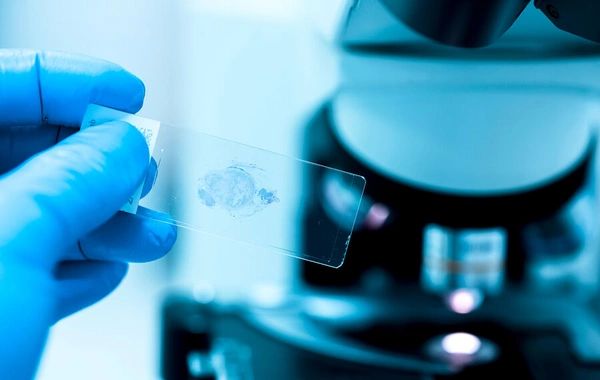Scientists have discovered that the hunger hormone contributes to female alcoholism

Specialists from the University of Florida made an important discovery in the field of neurobiology of addictions, finding a specific neural pathway in the brain associated with alcohol addiction in women. This revolutionary discovery potentially opens new horizons in developing targeted treatment methods for female alcoholism.
The study, conducted under the leadership of Dr. Lee Walker and published in the scientific journal Nature Communications, was aimed at exploring the fundamental question: can hormonal differences between sexes explain the difference in alcohol consumption patterns in women and men.
The scientists focused on a recently identified brain area - the "centrally projected Edinger-Westphal nucleus" (EWcp). This little-studied region of the brain receives signals from gut hormones, which, as it turned out, may play a key role in the formation of alcohol dependence.
During experiments on mice, researchers made an astonishing discovery: deactivation of the receptor that signals the brain about hunger (especially in the EWcp area) significantly reduces manifestations of alcohol dependence in females, but does not have a similar effect on males. This observation provides compelling evidence of fundamental differences in brain functioning between individuals of different sexes and opens new perspectives for gender-oriented approaches to addiction treatment.
Similar News
Found a new possible cause of cell aging
Cell aging is associated not only with the accumulation of damage but also with the gradual loss of their "instructions" that determine specialization and funct...




 Azərbaycanca
Azərbaycanca  По-русски
По-русски  English
English 





